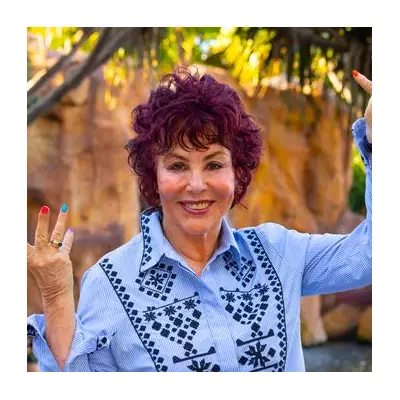
The Israeli film industry has reacted with alarm and dismay to a public pledge signed by numerous UK film and television professionals vowing to boycott their work, labelling the move 'deeply troubling' and a direct assault on artistic expression.
In a powerful collective statement, a consortium of leading Israeli production companies, filmmakers, and industry bodies expressed profound disappointment. They argue that such a boycott deliberately silences Israeli voices and ignores the nuanced role of art as a bridge for dialogue and understanding, especially during times of conflict.
A Call for Artistic Solidarity, Not Division
The statement powerfully reframes the debate, positioning the filmmakers not as political entities but as artists committed to their craft. "We see film as a universal language, a medium to explore complex human experiences and foster empathy," the statement read. They contend that a blanket boycott punishes artists for their nationality and undermines the fundamental principle of art transcending politics.
The UK Pledge and its Repercussions
The source of the controversy is a commitment circulating among British filmmakers, which gained significant traction following the recent escalation of hostilities in the Middle East. Signatories have vowed to refuse collaboration with Israeli institutions and to decline any state-sponsored funding from Israel.
The Israeli response warns that this action sets a dangerous precedent for the global cultural sector. It risks creating a litmus test for artists based on their government's policies, potentially fracturing the international creative community and censoring diverse perspectives.
The industry's plea concludes with a call for solidarity with all artists, emphasising that the path to peace is built through communication and shared humanity, not through isolation and censorship. The fallout from this pledge continues to spark intense debate about the intersection of art, politics, and responsibility.





